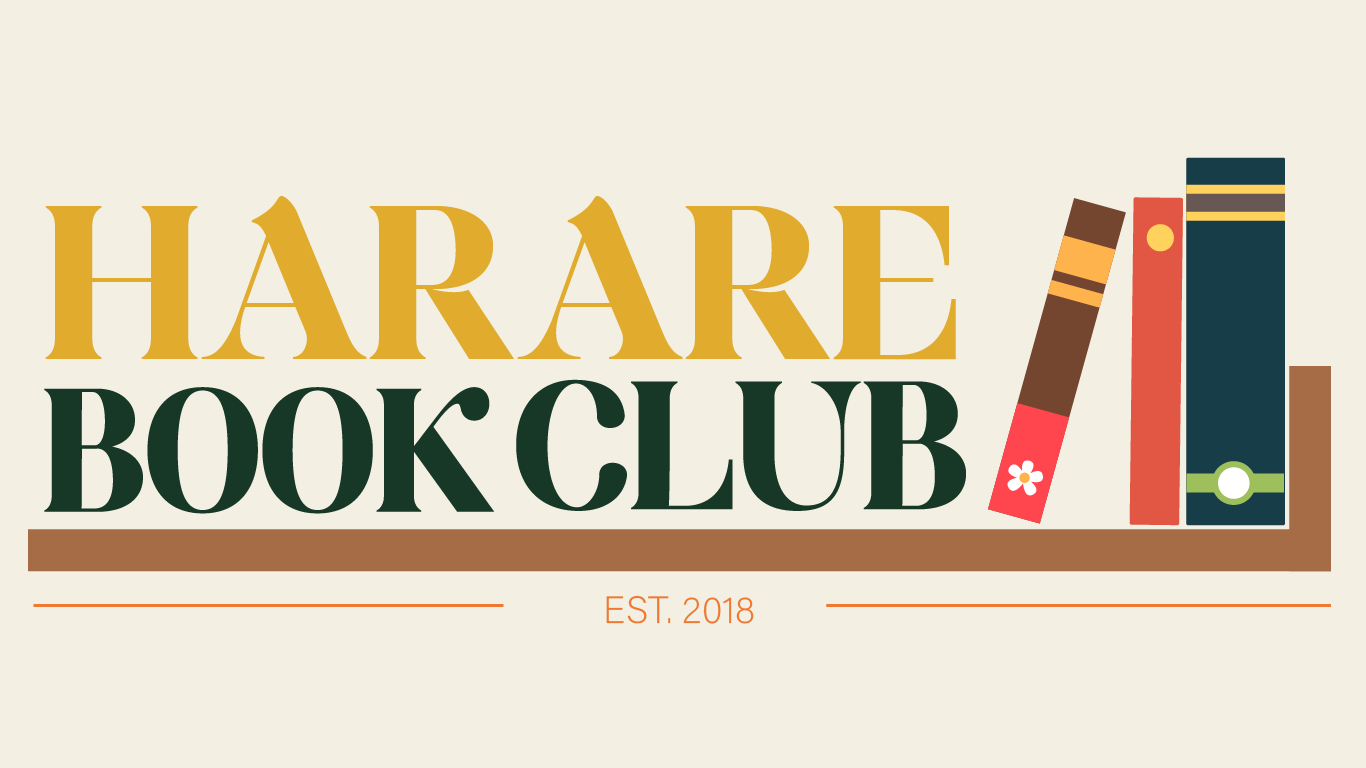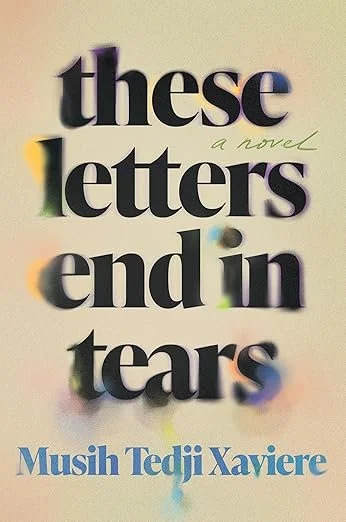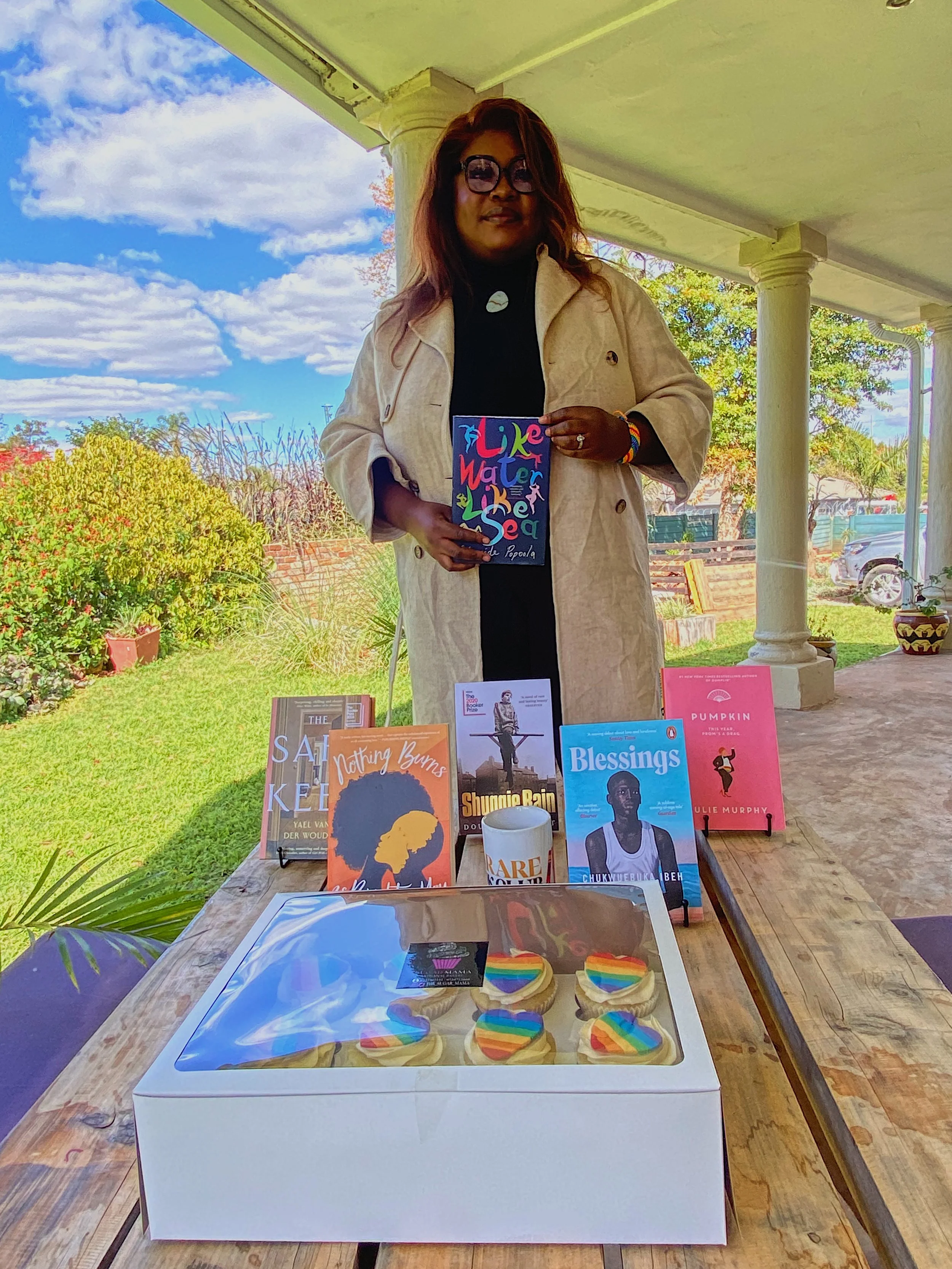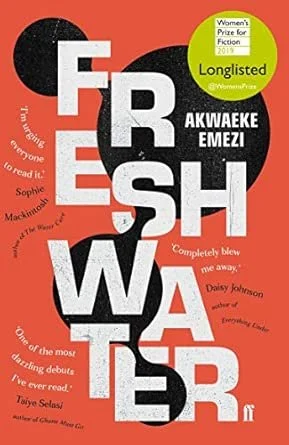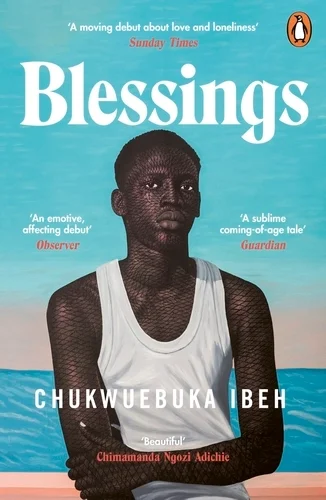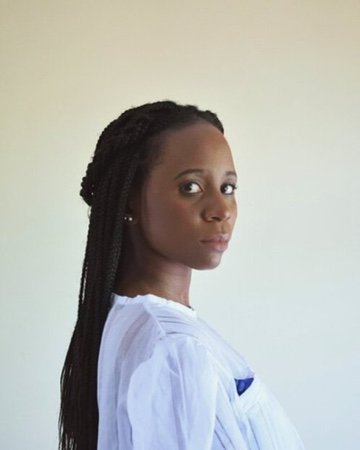Reading Queer African Literature
HOW TO READ WITH QUEER AFRICAN LITERATURE WITH COMPASSION AND UNDERSTANDING
Genre and Gender Bending
As a curator of Harare Book Club’s book list, each year, within our niche of pan-African literature, my primary aim is to challenge our members and followers to expand their reading horizons. If enthusiasts of literature from Africa cannot physically travel nor be exposed to culturally varied experiences – books can transport readers to an altogether different setting, point in time or mindset. In the past 70 years of contemporary African Literature, the genre has been broadly defined as ‘…the body of traditional oral and written literatures in Afro-Asiatic and African languages together with works written by Africans in European languages.’
For me African literature is a legitimate, admittedly all encompassing, genre. Authors like Nigerian American novelist Nnedi Okorafor advance the sub-genres of Africanfuturism and Africanjujuism which denote a unique literary canon that ‘…is specifically and more directly rooted in African culture, history, mythology and point-of-view as it then branches into the Black Diaspora, and it does not privilege or center the West.’
To Be Queer In Africa
In this vein, I often ask myself whether one can discern a Queer subgenre within African literature. As with much of the historical record concerning the continent, it is hard to know with certainty the true sexual practices and existence of indigenous queerness prior to the violent disruption of colonialism. Activists Sokari Ekine and Hakima Abbas identify queerness in the African context as ‘…a perspective that embraces gender and sexual plurality and seeks to transform, overhaul and revolutionise African order rather than seek to assimilate into oppressive hetero-patriarchal-capitalist frameworks.’ The legacy of imperial coercive bodily and sexual control has resulted in archaic, repressive and frequently barbaric contemporary attitudes towards sexual diversity. From Cape to Cairo the landscape for LGBTQ+ Africans is mostly precarious, often dangerous.
Deceased Kenyan writer Binyavanga Wainana in his impactful confessional essay I am a homosexual, Mum wrote in his late thirties about the crippling fear and isolation of expressing his homosexuality that haunted his entire life:
‘…I have known I am a homosexual since I was five. I have never touched a man sexually.’
Wainana’s 2014 admission was heartbreaking in its isolation. It also marked a significant, and controversial, point in African literary history with a prominent author openly declaring their gayness.
Recalling my commitment to break down barriers through reading, I envision Queer African Literature functioning as a safe space for readers in the LGBTQ+ community to escape to. If I am to challenge myself and our book community to progressively tackle issues of the day, adding LGBTQ+ books to our reading list is an obvious and critical intervention. Previously, Harare Book Club has covered Freshwater by Akwaeke Emezi, Under the Udala Trees by Chinelo Okparanta, The Hairdresser of Harare by Tendai Huchu, and The Sex Lives of African Women by Nana Sekiamah Darkoa. Each read illustrating authentic queer African characters, narratives and themes. We tried our best to create an open and respectful discourse, admittedly we did not always meet the mark.
“If you’re reading these stories for the first time, approach them with openness and care. You don’t need to fully relate to understand, just witness. Notice the joy, not just the struggle. Respect the differences and resist the urge to see characters as victims or outsiders.”
Like Water, Like Sea by Olumide Popoola
This year I wanted to do things differently. As a straight woman, I felt (and still do) that my ability to facilitate a discussion on queer literature, however well-intentioned, is inherently limited and biased. My growing consciousness about creating safe spaces and growing community with other organisations, prompted me to collaborate with a local queer rights advocacy organisation for this year’s queer read. Deliberation and consideration led me to consult Lesbian Bi-sexual and Queer (LBQ) organisation Pakasipiti. Pakasipiti’s Solidarity and Care Expert Mthandazo Tshuma readily agreed to facilitate our 2025 Pride Month book chat. She also took the crucial step of inviting members of their community and networks to our event. We read Like Water, Like Sea by Nigerian German writer Olumide Popoola, alongside arranging an online book discussion with the author.
Mthandazo deftly navigated the conversation with attendees, who varied from members of the LGBTQ+ community to curious readers. Of note was the use of language and terminology, someone ironically asked whether ‘queer’ has a chiShona translation. We debated – constructively - how to conduct an authentic discussion of queerness in Africa that does not mimic western narratives.
Published by independent imprint Cassava Republic in 2024, Like Water, Like Sea is an intimate story about a queer woman called Nia, who navigates grief, self-discovery, relationships and adulthood. Upon reading Like Water, Like Sea one can perceive there are queer stories, then there are stories that feature queer characters. This novel falls into the latter group. The protagonist grapples navigating adulthood in the aftermath of her older sister Johari’s suicide. She meanders through life, romance and career in a mercurial manner calling to mind the powerful portent of water. Nia is afflicted with bouts of mental health crises that hint towards an epigenetic inheritance. Readers agreed setting the story in London, England, permitted Nia to explore her sexuality outside a suffocating environment where being openly out would imminently endanger her life. This story could not have been told in the same manner, nor arguably existed in this iteration, had it been set in Kampala, Abidjan or Harare. The discussion illuminated the general sentiment that queer black people can exist as fully actualised human beings, who deserve to have their lives fully depicted in all forms of art.
On Writing Queer African Literature With Fiske Nyirongo
How does one write and read queer African literature with openness, leaving their judgment at the door? Exploring my curiosity about queer representation in African literature, I probed Zambian writer and editor Fiske Nyirongo. Her writing has been featured in publications such Lolwe, Black Ballad, Brittle Paper, and in short the story collection Exhale: Queer African Erotic Fiction. Fiske enlightened me about the reality of writing LGBTQ+ themes and issues, rooted in the reality of living in Lusaka.
On writing and motivation:
My writing is rooted in a deep love for the fullness of African life, its contradictions, its quiet revolutions, its everyday tenderness. Queer fiction, for me, is part of the living, breathing fabric of our continent. I write to reflect lives that are often overlooked. Not because they are ‘marginal’, but because they are inconvenient to dominant narratives. I’m inspired by the resilience of minority communities, by the ways they continue to imagine and create joy in spite of constraint.
Why Queer African literature matters:
Queer Literature from the continent is both a mirror and a map. It allows us to see ourselves clearly and to chart paths forward. Too often, stories from the west are treated as universal, while ours are seen as exceptions. But our experiences are not footnotes—they are central to understanding the full spectrum of African identity.
‘Reading queer African literature is not just about representation; it’s about restoration. It’s about reclaiming the right to tell our own stories in our own voices.’
On underreporting:
These narratives are underreported because they challenge the idea of a singular African experience. They complicate the picture; that complexity is often uncomfortable for many. But it’s necessary. We need stories that speak to the full range of who we are. The underreporting is a symptom of a larger issue, a reluctance to embrace the diversity within African life. Literature can help shift that.
Trends and Tropes in Queer African Literature:
Queer African literature is full of powerful stories that go beyond hardship, it’s also about love, joy, friendship and everyday life. Readers will often encounter themes like chosen families, people living between different worlds and characters finding strength in their communities. Some narratives connect queerness to traditional beliefs or spiritual practices, showing that being queer isn’t new nor foreign.
You can get to know more about Fiske via her social media channels:
Instagram: fiskaniwrites
Twitter/X: chimikacha
I believe literature is a powerful tool, a positive multiplier in the limitless realm of the imagination. When penned to paper, queer African stories can illuminate lived experiences beyond the heteronormative paradigm. I look forward to the growing authorship in this burgeoning sphere of writing from Africa.
I have compiled the following reading list of queer African literature and books. I hope it can function as a resource for anyone seeking to gain better understanding or simply escape between the pages.
Happy Reading x
Reading List
Articles & Essays
I am a Homosexual, Mum, Binyavanga Wainana
Re(a)fundar a nação: escritas tlgbq+ em países africanos de língua portuguesa (Re(a)founding the nation: lgbtq+ writings in Portuguese-speaking African countries), Jonas Mateus Ferreira Araújo and Natália Cabanillas
Non-Fiction
African Sexualities: A Reader, edt. Sylvia Tamale
Black Bull, Ancestors and Me, Nkunzi Zandile Nkabinde
Love Offers No Safety: Nigeria’s Queer Men Speak, edt. Jude Dibia, Olumide F Makanjuola
She Called Me Woman: Nigeria’s Queer Women Speak, edt. Azeenarh Mohammed, Chitra Nagarajan, Aisha Salau
Novels
Blessings, Ikwekuchwu Ibeh
De purs hommes (Of Pure Men), Mohamed Mbougar Sarr
Don't Whisper Too Much, Frieda Ekotto,
Exhale: Queer African Erotic Fiction, A HOLAAFRICA! Project
Fairytales for Lost Children, Diriye Osman
Freshwater, Akwaeke Emezi
God’s Children Are Broken Little Things, Arinze Ifeakandu
No One Dies Yet, Kobby Ben Ben
Pet, Akwaeke Emezi
Queer Africa: New and Collected Fiction, edt. Karen Martin and Makhozasana Xaba
Salvation Army, Abdellah Taïa
The Death of Vivek Oji, Akwaeke Emezi
The Hairdresser of Harare, Tendai Huchu
The Sex Lives of African Women, Nana Darkoa Sekyiamah
These Letters End In Tears: A Novel, Musih Tedji Xaviere
Under the Udala Trees, Chinelo Okparanta
You Made a Fool of Death with Your Beauty, Akwaeke Emezi
Poetry
Collective Amnesia, Koleka Putuma
Sacrament of Bodies, Romeo Oriogun
Reference List
1. 'African literature', Encyclopædia Britannica, https://www.britannica.com/art/African-literature (accessed 29 September 2025).
2. Nnedi Okorafor, 'Africanfuturism Defined', Nnedi's Blog (October 2019) https://nnedi.blogspot.com/2019/10/africanfuturism-defined.html (accessed 29 September 2025).
3. Sokari Ekine and Hakima Abbas (eds.), Queer African Reader (Dakar: Pambazuka Press, 2013).
4. Tamale, Sylvia (ed.). African Sexualities: A Reader. (Oxford: Pambazuka Press, 2011).
Written by - Tondi Mudambo
